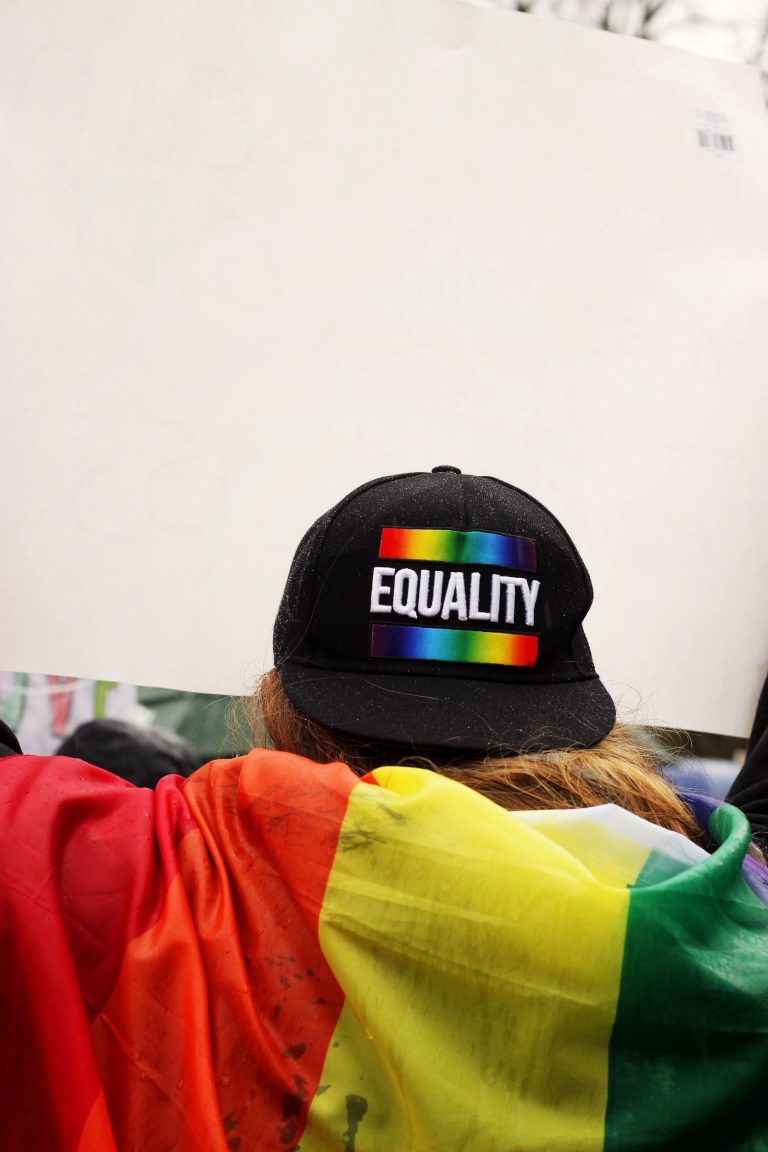The answer to this question, in the area of Life Planning, is – nothing and everything. Gay, lesbian, bisexual, and transgendered people use the same planning documents as anyone. In that sense, nothing is different about Life Planning for LGBT people. However, LGBT people face challenges that heterosexual people do not face. And, this requires using the same planning documents in different ways.
Like it or not, and aware of it or not, most people make assumptions about what others want for themselves and their lives. For example, most people believe “blood is thicker than water.” In the area of Life Planning, this translates into assumptions such as: blood relatives know best how to care for an incapacitated family member, blood relatives will best care for an incapacitated person, everyone wants their blood relatives to step in and make decisions when they are incapacitated, only legal spouses and blood family count when there is an emergency, same-sex marriages mean less than opposite-sex marriages, an unmarried partner is merely a sexual or dating partner who cannot be trusted to care for an incapacitated person, friends and community do not matter when one is ill or incapacitated, and others. Many people make these kind of assumptions, and the law makes them.
For LGBT people, assumptions are sometimes compounded by family members or blood relatives who disapprove, are overtly hostile to, or unaware of their partners, friends, or community. In these circumstances, an illness, injury, incapacity, or death can lead to significant difficulties and outright tragedy. It breaks this lawyer’s heart to see loving people separated from their spouses, partners, and communities when they need them most, even when this happens innocently without any intent to cause harm. It triggers this lawyer’s passion for justice when a spouse or partner is cut off from the life, lifestyle, or assets he or she worked so hard to build, or the person’s values and choices are disregarded after death.



